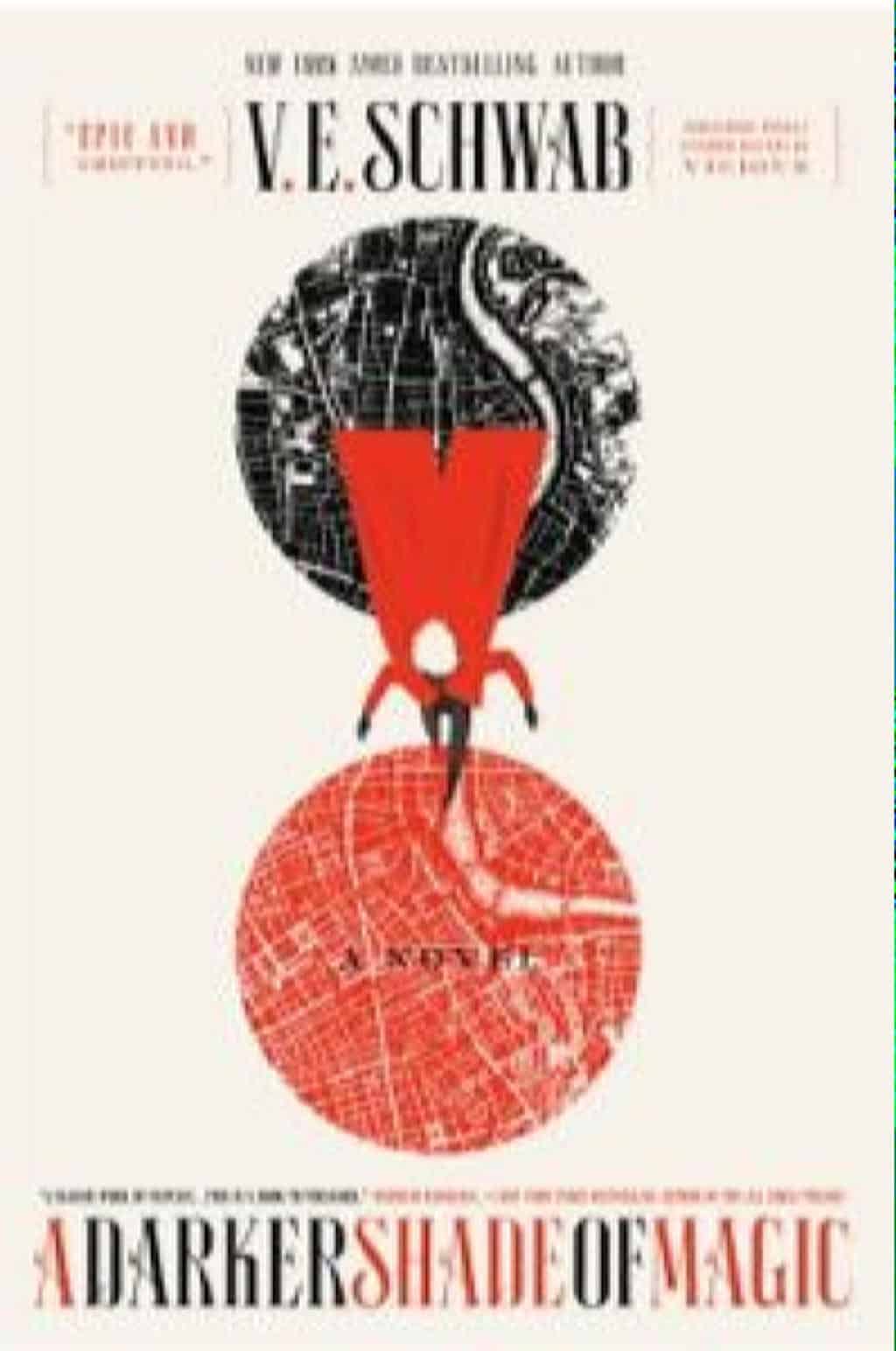 Literary Rabbit Holes
Literary Rabbit Holes
By Jared Richards, Adult Services Librarian
In 1865, Lewis Carroll sent Alice down a rabbit hole. Fast forward 150 years and the rabbit hole, although rarely literal anymore, remains a popular literary trope. Whether protagonists find themselves in an alternate reality, a parallel world, or on the other side of the universe, the rabbit hole, in all its various forms, can get the job done. Books in general already provide us a rabbit hole into new and exciting worlds that we can get lost in, but sometimes it is nice to follow a character and discover a new world through their eyes. You may consider some of these books a stretch, but fiction is pretty flexible, so I think we’ll be okay.
There are countless retellings, adaptations, and stories set in the world of Wonderland, but I would like to focus on other stories. Classic stories in the same vein include Peter Pan, in which the children fly off to Neverland, and The Wonderful Wizard of Oz, which involves a tornado and an entire house. Some stories even let you know in the title how the characters will reach their destination, like The Lion, The Witch, and The Wardrobe or James and the Giant Peach. Every Heart a Doorway by Seanan McGuire is the first in a novella trilogy that posits the idea that some of these classic stories were actually based on real events, like the children finding secret doorways into fantastical worlds. They have now returned and live in a home with similar children after they or their parents found their return too difficult.
V.E. Schwab’s A Darker Shade of Magic and The Long Earth by Terry Pratchett and Stephen Baxter both involve parallel worlds. In A Darker Shade of Magic, magic is used to traverse among four very distinct versions of London. In The Long Earth, parallel versions of Earth can be traveled to by creating a simple device, called a Stepper, which is powered by a potato. These parallel worlds are devoid of humans and become more and more chaotic the farther you get from our Earth.
In Coraline by Neil Gaiman, our protagonist, Coraline, discovers a small door that should lead into the vacant apartment next door but instead leads to a nonsensical version of her world. Here she finds her Other Mother and Other Father who have buttons for eyes and may not have Coraline’s best interests in mind.
Chris Van Allsburg’s Jumanji, and its sequel Zathura, utilize a board game for their rabbit hole. In each book there are slight variations in how the games work, but the idea is the same, where the moves in the game are manifested around the children playing. Rather than falling down a hole or stepping through a doorway, the world is brought to them with a roll of the dice or the push of a button.
Many novels over the years have used technology to create a rabbit hole to a virtual world. Ernest Cline did this effectively with his novel Ready Player One, in which people can connect to a virtual world called the OASIS and go to school or become legendary heroes. One of the best parts about this book is all the ‘80s references.
The best way to fall down a rabbit hole at the Manhattan Public Library is to come in, wander through our shelves, and engage in a little serendipitous browsing. Stumble across new books and discover your next favorite author. Another good rabbit hole is NoveList Plus, one of our online resources that you can access from home. It lets you browse books by age group within certain genres, like diverse speculative fiction books for teens or historical fiction books about immigrant experiences for adults. You can also search by appeal factors, like the types of characters, pace, or tone you like in a story. They even have a growing list of suggestions for fans of various movies, books, and TV shows, like Gilmore Girls, The Girl on the Train, Doctor Who, and The Handmaid’s Tale. Lastly, you can search for your favorite author or book and get a list of similar authors or books with a reason for why they are comparable. It is easy to fall down a rabbit hole looking for your next book, but at least you don’t have to worry about losing your head or being trampled in a stampede.

